BREEF conducted their annual Teacher Training Workshop on San Salvador, The Bahamas, with a group of enthusiastic teachers from across the country. The goal of the workshop was to expose teachers to marine conservation efforts happening throughout The Bahamas, share the effects of climate change on the marine environment, and demonstrate how marine science can be linked and incorporated in various subjects taught within schools in The Bahamas. Facilitators presented primarily on climate change and sea-level rise, lionfish biology, impacts and mitigation measures, the value and threats to coral reefs and wetlands, and the importance of national parks. Some teachers were taught to snorkel while others improved their snorkeling skills daily at various locations on San Salvador (photo 1). Those who snorkeled for the first time were so excited to see all the types of fish they learned about in the classroom in the natural environment and to practice basic data collection methods.
Photo 1. BREEF facilitators and volunteers teaching workshop participants on Grahams Harbour beach how to snorkel. Photo courtesy of The Nature Conservancy.
Lionfish handling demonstrations were also done to show participants how to safely clean and prepare lionfish (photo 2). This activity was definitely one of the highlights of the workshop. Participants were thrilled to see this process and ready to taste the lionfish, which was prepared later for dinner that evening.
Photo 2. Demonstration on handling and dissecting lionfish. Photo courtesy of Felicity Burrows, The Nature Conservancy.

